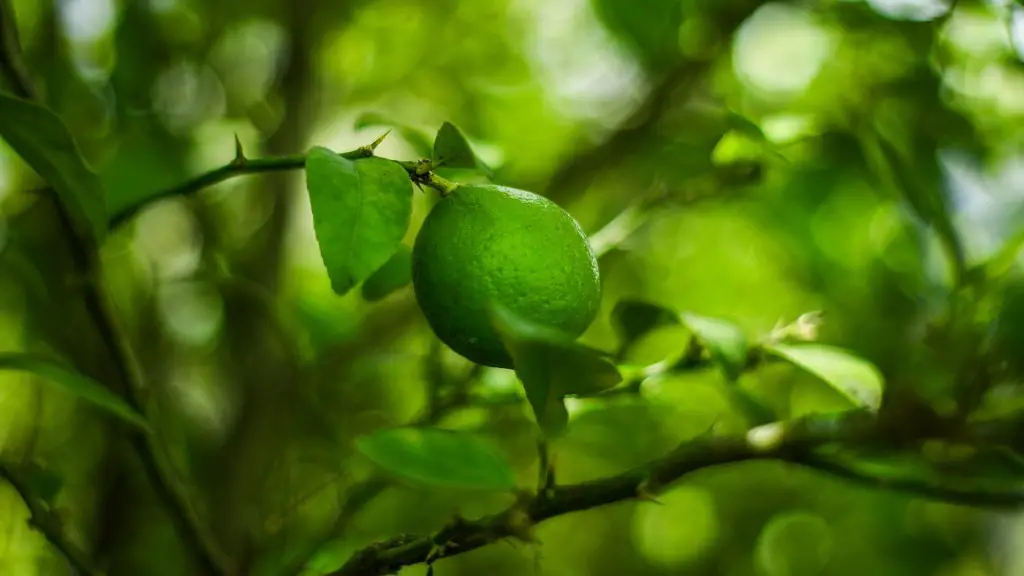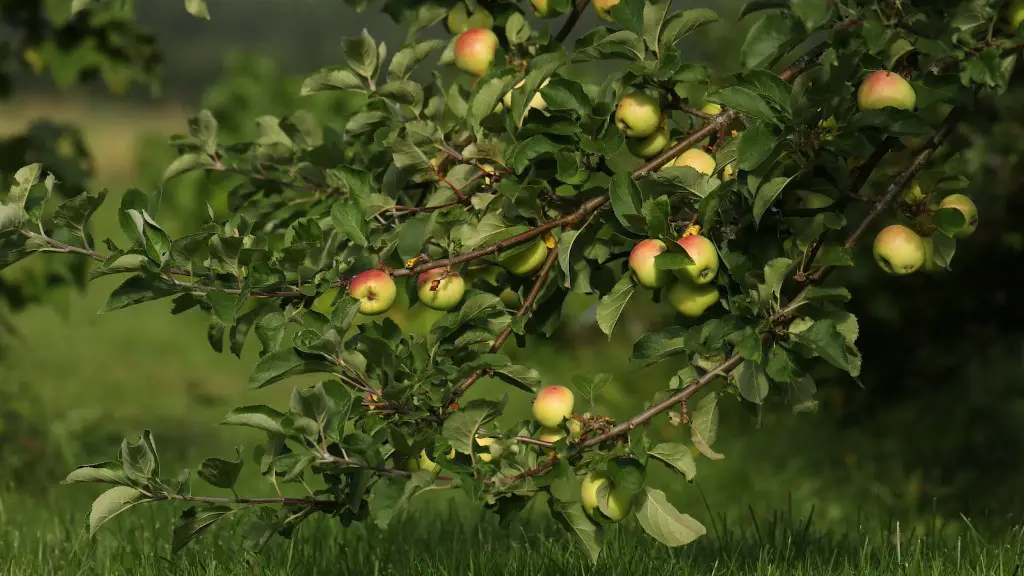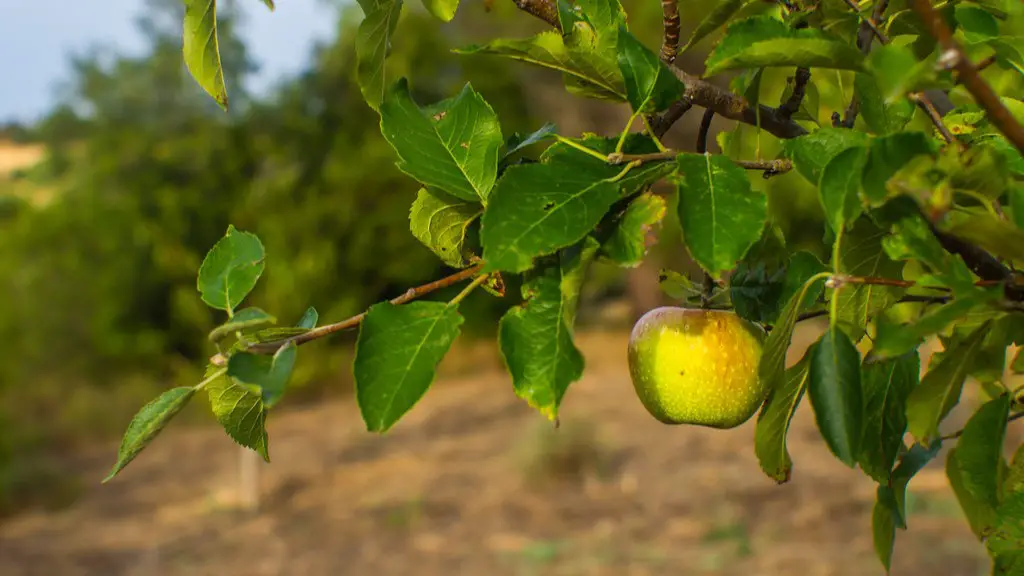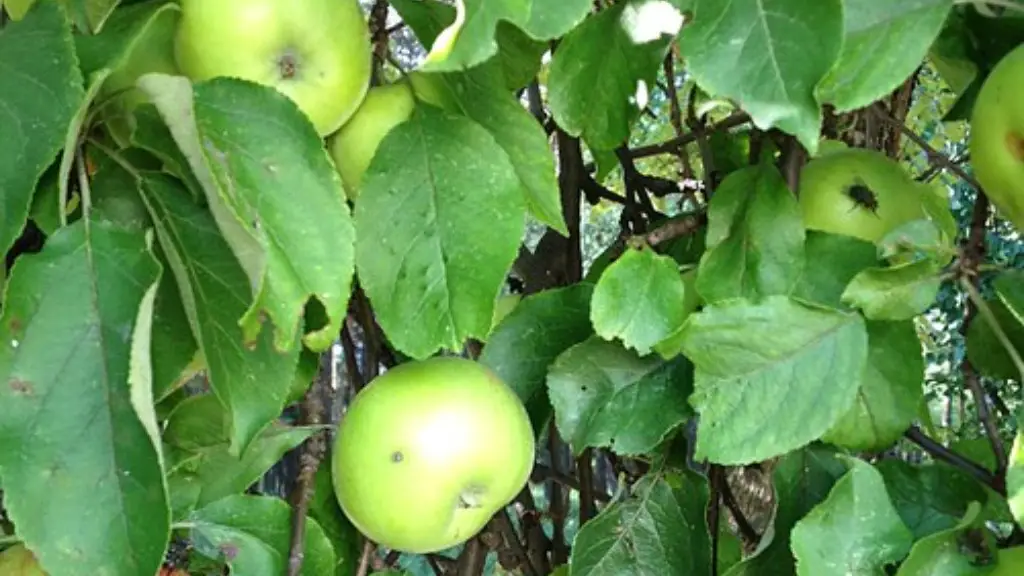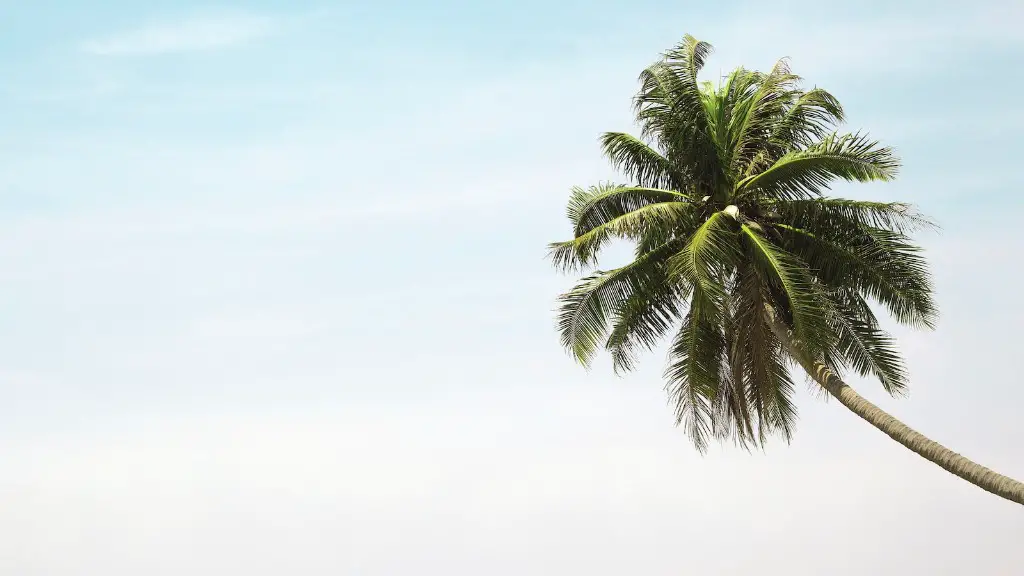Meyer lemon trees are a type of citrus tree that is native to China. The tree is named after Friedrich Ferdinand Meyer, who first introduced the tree to the West in 1908. The Meyer lemon is a cross between a true lemon and either a mandarin orange or a common orange. The tree is smaller than most other lemon trees, and the fruit is more fragrant and has a sweeter flavor than a true lemon. Meyer lemon trees can be grown outdoors in warm climates, or indoors in cooler climates.
Plant your meyer lemon tree in a location that gets full sun for at least 8 hours per day. The tree will do best in a sandy, well-drained soil. Water the tree deeply but only when the top inch of soil is dry. Fertilize your tree every other month with a citrus fertilizer.
How long does it take for a Meyer lemon tree to fruit?
Meyer lemon trees are a popular choice for home growers because they are relatively easy to care for and can produce a bountiful crop of fruit. But how long does it take for a Meyer lemon tree to bear fruit?
The answer to this question depends on how the tree was grown. A grafted tree can bear fruit in as little as two years, while seed-grown Meyer lemon trees can take anywhere from three to seven years to produce fruit.
If you are patient and willing to wait a few years for your Meyer lemon tree to bear fruit, you will be rewarded with a delicious crop of lemons that you can use in recipes, or simply enjoy as a refreshing snack.
Lemon trees are happy in containers, provided they have enough root room and good drainage. We recommend ‘Improved Meyer’ (USDA Zones 9–11) as one of the best varieties to grow in a pot, because it is naturally dwarfed. It will mature to just 3 to 5 feet.
Is Meyer lemon easy to grow
Meyer lemon trees are very easy to take care of since they are self-pollinating and resistant to diseases and pests. All you really need to do to support your plant is to make sure it’s not getting too much water and that it has access to at least eight hours of direct sunlight daily. With just a little bit of care, your Meyer lemon tree will thrive!
If you’re growing a lemon tree indoors, there are a few things you can do to encourage pollination and improve fruit production. One is to hand pollinate the flowers. This isn’t necessary to get fruit, but it can help increase and improve production. Another is to choose a self-fertile Meyer lemon tree. This means you only need one plant to get fruit. With proper care and attention, your indoor lemon tree can produce delicious, juicy fruit.
Are coffee grounds good for lemon trees?
Lemon trees benefit from the nitrogen and calcium in the coffee grounds. The organic material also improves the soil tilth. Only use the coffee grounds after they have been fully decomposed in the compost pile.
In high temperatures, it is important to water your lemon tree more often than once a week to keep the roots cool and prevent stress. For the first year or two, water your lemon tree about once a week. In the winter, decrease watering to every two weeks. In the heat of summer, increase watering to 2-3 times per week.
Is Miracle Grow good for Meyer lemon tree?
We recommend that you use Miracle-Gro Water Soluble All Purpose Plant Food on all trees and shrubs for best results.
Meyer Lemons are a type of citrus tree that blooms and turns into fruit. If you don’t have blooms, you won’t be able to get lemons.
Do Meyer lemon trees go dormant in the winter
To keep your citrus tree thriving during the coldest part of the year, lower the room temperature. These trees go semi-dormant in winter and do best with a room temperature of 58-68 degrees.
Assuming you would like tips on how to care for a Meyer lemon tree:
-Make sure to give your tree enough sunlight and water it when the soil becomes dry.
-Fertilize your tree with a citrus fertilizer every two to four weeks.
-Prune your tree regularly to encourage growth and to shape it.
-Watch out for pests and diseases that could affect your tree, such as citrus greening.
What is the best container for a Meyer lemon tree?
Different types of containers can be used for growing plants, each with its own benefits and drawbacks. Plastic containers are the lightest weight and easiest to move in and outdoors with the seasons. However, the glazed terra cotta containers look more attractive when the plants are being grown indoors as houseplants. Wooden containers can be very attractive, but they can be heavy and difficult to move. Be sure to select containers with adequate drainage holes to ensure that your plants can get the water they need.
These plants can grow to reach 6 to 10 feet tall. The dwarf variety grows to be about 5 to 7 feet, ideal for a small garden or accent in a room with limited space. Meyer lemon trees bloom in the fall or early spring with fragrant white blossoms.
Are Meyer lemon trees toxic to dogs
Yes, keeping a potted Meyer lemon tree could be harmful to your pet. The essential oils in lemons are toxic to dogs and cats, so they should be kept away from citrus trees.
Meyer lemons are a great choice for those who want a sweeter, less tart option than regular lemons. They’re smaller and have thinner skin, making them a bit more delicate. Meyer lemons are usually more expensive than regular lemons, but they’re well worth the price for their unique flavor.
How often should I water my lemon tree in winter?
Watering once every 3-4 weeks should be sufficient for your citrus tree in winter. This will help the tree to remain in dormancy and build up energy for next year’s growth spurt. Be sure to check the soil periodically to ensure that it is not overly dry.
Eggshells are a great source of calcium, both for plants and worms. They can be added to the soil as is, but it’s best to crush them first for the best results. They can also be used to create a slow-release calcium mixture, which is great for citrus.
Do eggshells help lemon trees
Coffee grounds and eggshells can be used as organic fertilizer for your citrus trees. You can crush the shells and mix them with the soil, or dry them and grind them into a powder. This will provide your citrus tree with plenty of important nutrients.
If your lemon tree’s leaves are turning yellow, the most common cause is a lack of magnesium in the soil. You can correct this deficiency by mixing 30g of Epsom Salts per litre of water (approximately 2 tablespoons) and applying it to the tree.
Final Words
1. Select a sunny location for your meyer lemon tree. The tree will need at least 8 hours of sunlight per day.
2. Prepare the planting area by removing any weeds or grass. Dig a hole that is twice the width and depth of the tree’s container.
3. Gently remove the tree from its container and place it in the hole. Backfill the hole with soil, tamping it down gently as you go.
4. Water the tree deeply, making sure to saturate the root ball.
5. Place a layer of mulch around the tree, being careful not to pile it too high against the trunk.
6. Water the tree regularly, making sure to keep the root ball moist but not soggy. Add additional mulch as needed.
7. Fertilize the tree every six months with a citrus fertilizer.
8. Prune the tree as needed to maintain its shape.
9. Watch for signs of pests or disease and treat accordingly.
You can grow a Meyer lemon tree indoors or outdoors. If you live in an area with cold winters, it is best to grow your tree indoors. Meyer lemon trees grow best in bright sunlight, so choose a spot in your home that gets a lot of light. When watering your tree, be sure to water it deeply and allow the soil to dry out between waterings. Fertilize your lemon tree every six weeks with a citrus fertilizer. With proper care, your Meyer lemon tree will provide you with delicious lemons for years to come!
